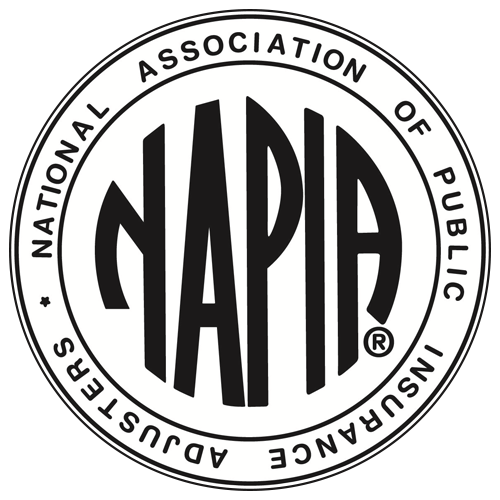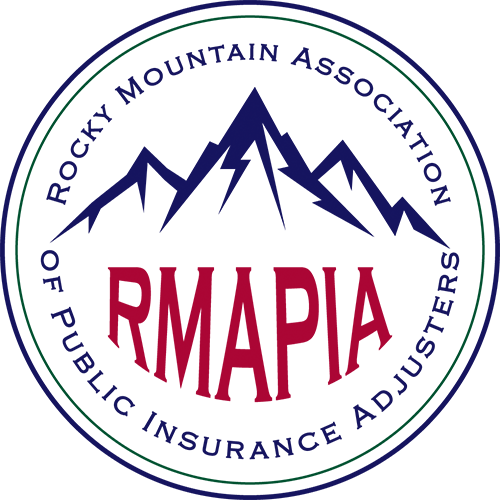
What is a Subrogation Claim?
My Insurance Company Said: “Not Me”
When I was growing up, I had four siblings as well as a dig and a cat. However, my mother. my mother used to say another person lived in our house. His (or her) name was “Not Me.” “Not Me” was a pesky fellow. Did someone leave the empty milk cartridge in the fridge? Was mud tracked on the carpet? Were fingerprints left on the glass of the family car? “Not Me” was usually the culprit. You may even have or (still have) a “Not Me” in your house too. “Not Me” leaves a mess for everyone else to clean up and takes no responsibility.
In the insurance game, there is a “Not Me” as well. When a third party is considered at fault for a loss “Not Me” can show up. The other driver is at fault if you are rear-ended while parked at a red light. If you have a fire in your house and it is traced to the electric conduit, the manufacturer is at fault.
It seems that a first instinct to try and go through the other person’s insurance company when the other person is at fault. however this is typically not the best course of action.
Every insurance policy has a subrogation clause which allows the insurance company to recoup money that they paid out on a claim if it is discovered it is someone else’s fault. When it is, someone is liable and it shouldn’t impact your rates if you file a claim. When you file a claim with your own insurance company you have more rights and better service because you are dealing with your own insurance company where you have a contract for them to indemnify you.
However, when you file a claim with your own carrier “Not Me” may confuse the situation. An insurance company is no different from others. If they can do less work they probably will. If there is a liable party, your carrier may ask you to file directly through the liable party’s insurance company.
Filing a claim on the third party’s insurance claim can lead to protracted issues. You don’t have the same rights on a third party claim (a claim against someone else’s insurer) than you would have under your own policy so you may not have had things you expected to be afforded such as a rental car.
When you file a first party claim (one against your own carrier) your insurer should work with you to get you paid directly from your insurer and within the terms of what your coverage affords (such as additional living expenses and replacement costs). When your carrier is finished with your claim they can subrogate against liable party’s carrier.
Even though your insurance company can subrogate against the wrongful party to be compensated for what was paid out on your claim, that does not mean that your claim will be any easier. Getting paid on an insurance claim can be difficult and there is no better entity to understand this than insurance companies.
That is why in your first party claim your loss will be verified by several parties and supporting documentation will be required. This is done in order to make sure that the claim is paid when it is presented to the third-party carrier.
Because of this a public adjuster is helpful on these kinds of claims. Hiring someone who knows what exact documentation you might need can speed the process and help make sure you are paid fairly.
Many times, we hear from people who believe that they have a subrogation claim when there is not one. For example, your neighbor’s tree falls on your house. You believe It’s your neighbor’s tree so it’s his or her fault. Not necessarily. If your neighbor was negligently cutting it down and it hit your home then it might be a subrogation claim.
A more common situation though would be if there were severe winds that broke the tree that fell on your home. This is simply an “Act of God” and that’s why you carry your own policy.
The worst-case scenario is if you have a loss that there is no liable party and your own insurance policy doesn’t cover it. Then you are truly dealing with “Not Me”. It’s not your insurance company’s fault, it’s not your neighbor’s fault, it’s not the city’s fault, it’s not your fault either. “Not Me” is a stingy person and you could end up having have to pay for your damages on your own.
Tags: paid claims, Subrogation Claim, Subrogation Insurance



